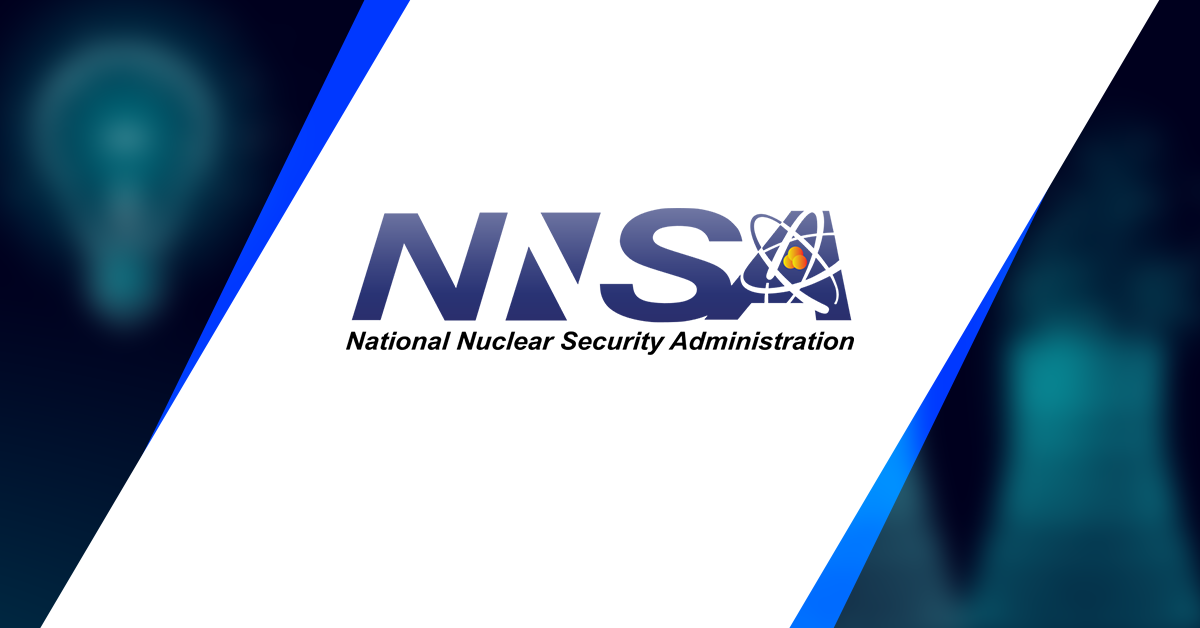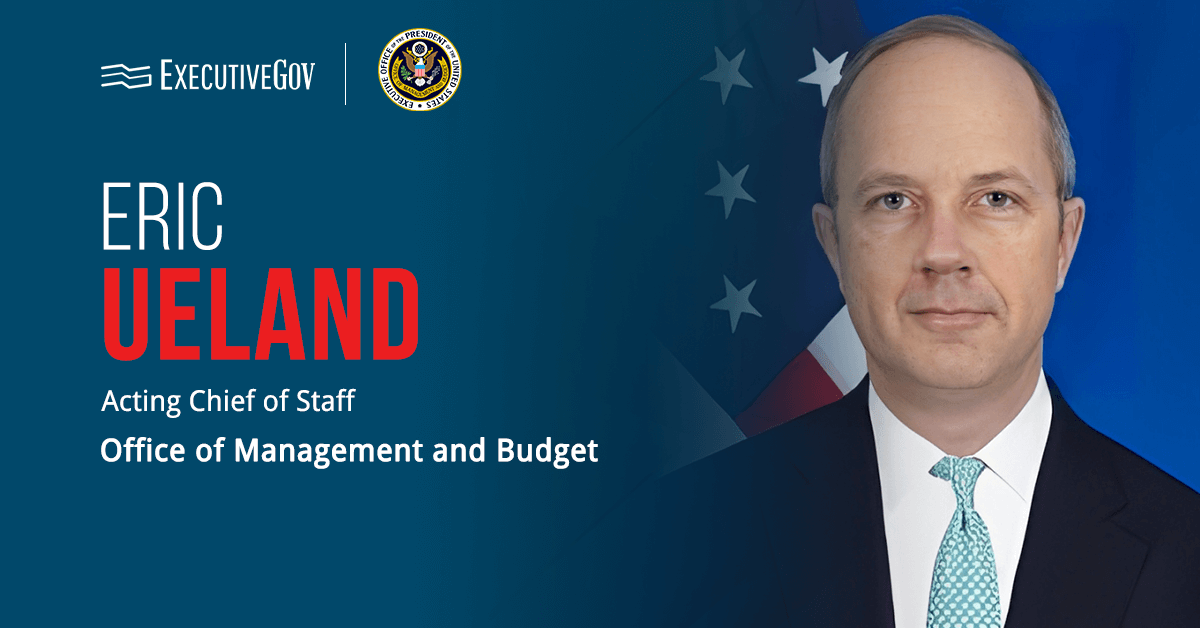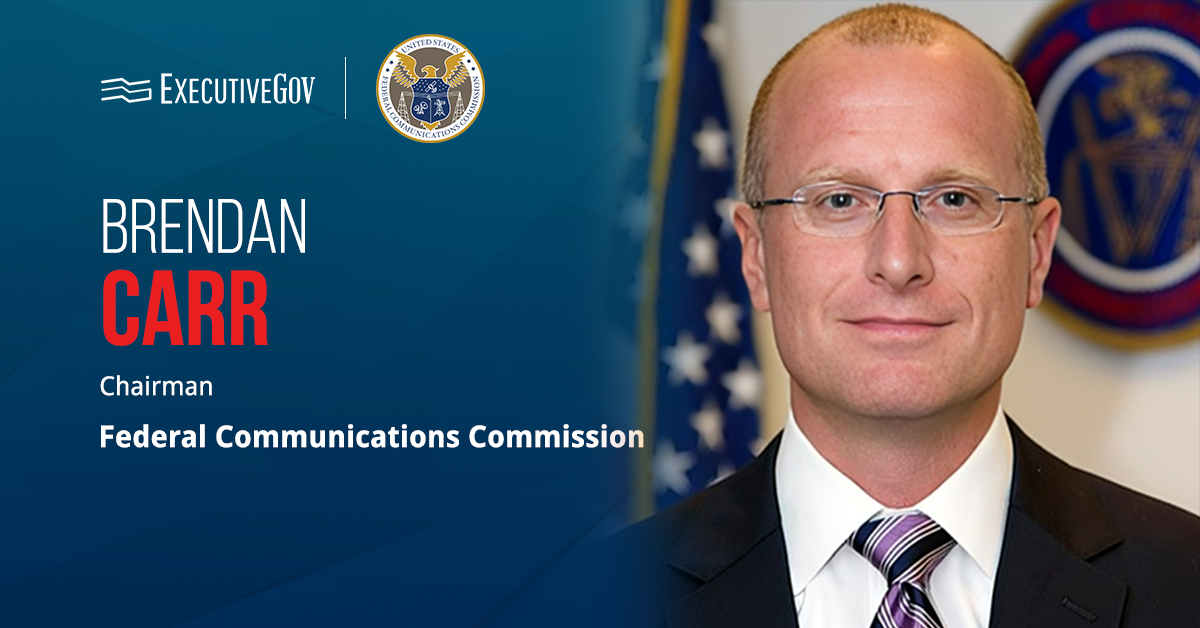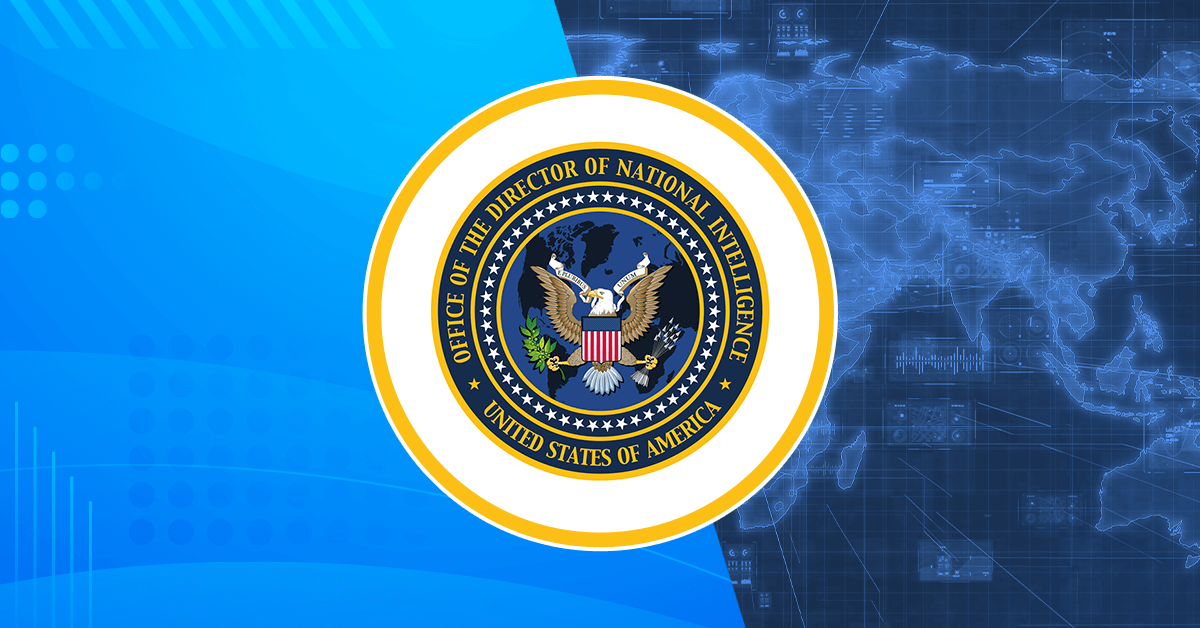The Government Accountability Office released a report Thursday recommending that the National Nuclear Security Administration adopt anti-fraud measures in its small business program.
GAO said that in its audit of the $16.8 billion that NNSA and six of its management and operating contractors reported as small business awards from fiscal year 2018 to FY 2022, it estimated that $1.1 billion went to unqualified small businesses.
Inadequate Data Systems for Oversight
The congressional budget watchdog also noted that the agency and its contractors failed to provide GAO the needed data to assess whether an additional $1.9 billion in contracts were awarded to businesses qualifying as small.
NNSA lacks data systems to validate small business contract data, and the agency has not applied the learnings from the past reviews it had conducted with the Small Business Administration, the GAO report pointed out.
To address GAO’s findings, the office also recommended that NNSA and its contractors establish a system to pinpoint and address the root causes of erroneous reports. In addition, the office suggested that the agency allocate Small Business Program resources dedicated to oversight. NNSA has concurred with its recommendations, GAO said.
In February, GAO also made 15 recommendations that NNSA itself proposed to better meet the requirements of a $200 billion nuclear modernization program. Six of the office’s recommendations address the high risk for fraud, waste, abuse or mismanagement.











